US-based aerospace giant Boeing (NYSE: BA) is in the process of reacquiring Spirit AeroSystems in an all-equity deal valued at around $4.7 billion. This will allow the manufacturer to regain tighter control over a troubled supply chain, especially at the manufacturing line for the airline’s Boeing 737 family. This will simplify the operator’s accountability. Spirit AeroSystems shareholders will receive Boeing stock, not cash, through this transaction. In parallel, European aerospace giant Airbus will take over Spirit AeroSystems’ divisions that make parts for the European manufacturer.
Spirit will compensate Airbus as part of the broader carve-out, ensuring that each original equipment manufacturer (OEM) maintains complete control over its critical aerostructures. Regulators have begun to clear the path for this acquisition, with the European Union approving the deal with remedies tied to continued divestment of Airbus-related activities. US-based approvals for the deal remain outstanding, but they are in the process. The target closing for the deal has been guided to the end of the year. This deal presents a unique opportunity for the aircraft manufacturer to bring a significant portion of its production process in-house and eliminate substantial friction, which has challenged the airline’s financial growth over time.
A Brief Overview Of Boeing As A Business
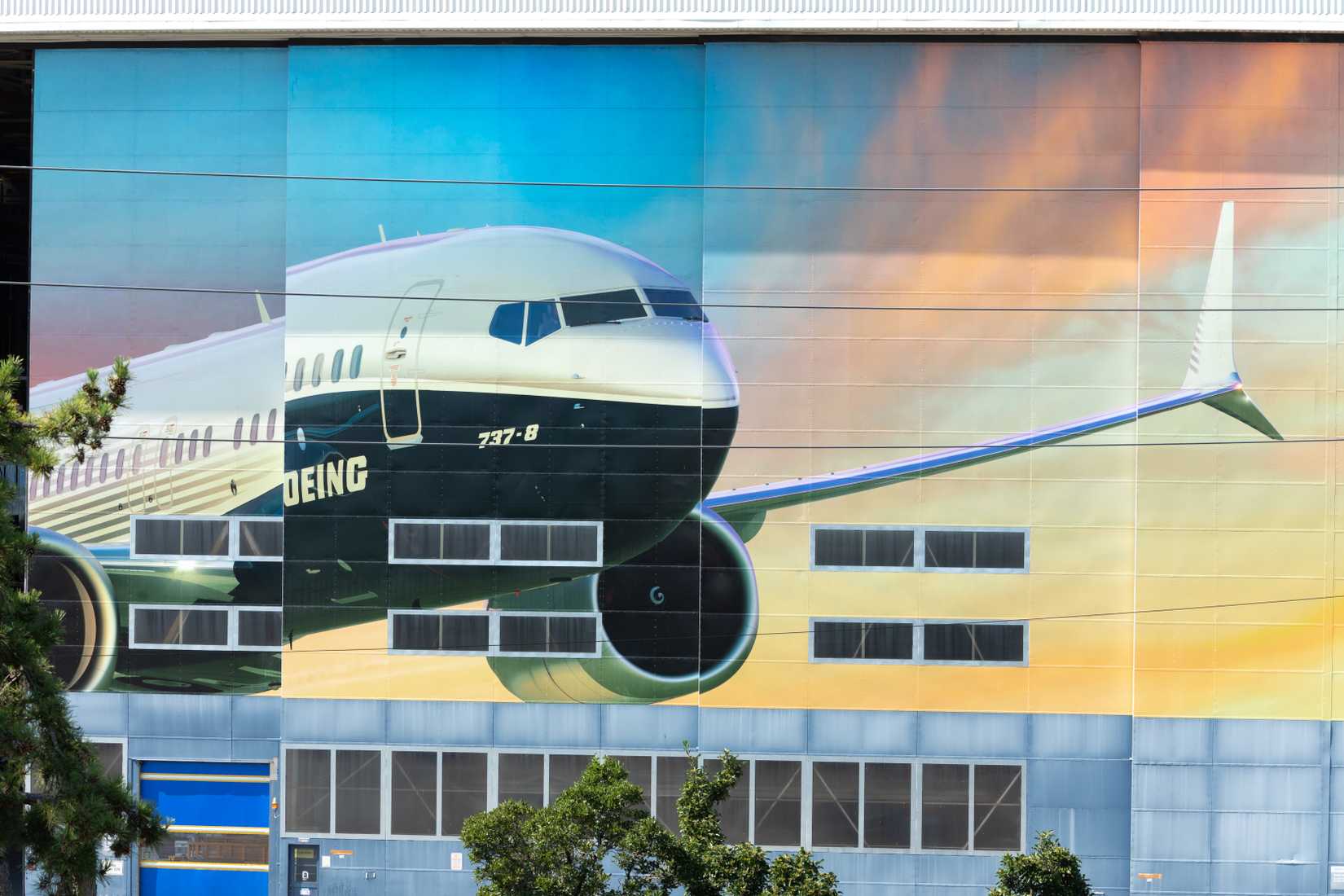
Credit: Shutterstock
Before examining this merger, it is important to understand the two companies that will once again be joining forces. US-based manufacturer Boeing is a global aerospace conglomerate that builds, designs, and supports commercial jets, military aircraft, space systems, and services. Its business centers on three different operating divisions. Boeing Commercial Airplanes is the massive division that produces the Boeing 737, the Boeing 767, the Boeing 777/777X, and the Boeing 787 Dreamliner. The carrier sells to lessors worldwide, and production rates, supplier performance, and on-time certification mainly drive its profitability.
Boeing Defense, Space & Security delivers platforms like the KC-46 tanker, the P-8 patrol aircraft, the F-15EX Eagle II fighter jet, satellites, and human spaceflight programs. These operators are all competing for fixed-price government contracts. Boeing Global Services provides parts, modifications, digital tools, training, and maintenance, all of which are high-margin, recurring sources of revenue tied to the fleet. The company’s model currently blends complex global supply chains with dedicated final integration facilities at Boeing’s sites, enabling the airline to offer decades of aftermarket support.
The company’s overall cash flow picture depends on deliveries and advance payments, so that schedule stability and quality assurance are critical. From a strategic standpoint, Boeing is regaining greater control over key aerostructures and investing in manufacturing resilience while preparing for sustainable aviation. The airline also competes with Airbus in large commercial aircraft and with Lockheed Martin, Northrop Grumman, and RTX in the defense sector. The key risks facing the airline include ongoing certification efforts, complex supply chain challenges, exposure to fixed-price development, and cyclical air travel demand.
A Deeper Look At What Kind Of Company Spirit Aerosystems Is
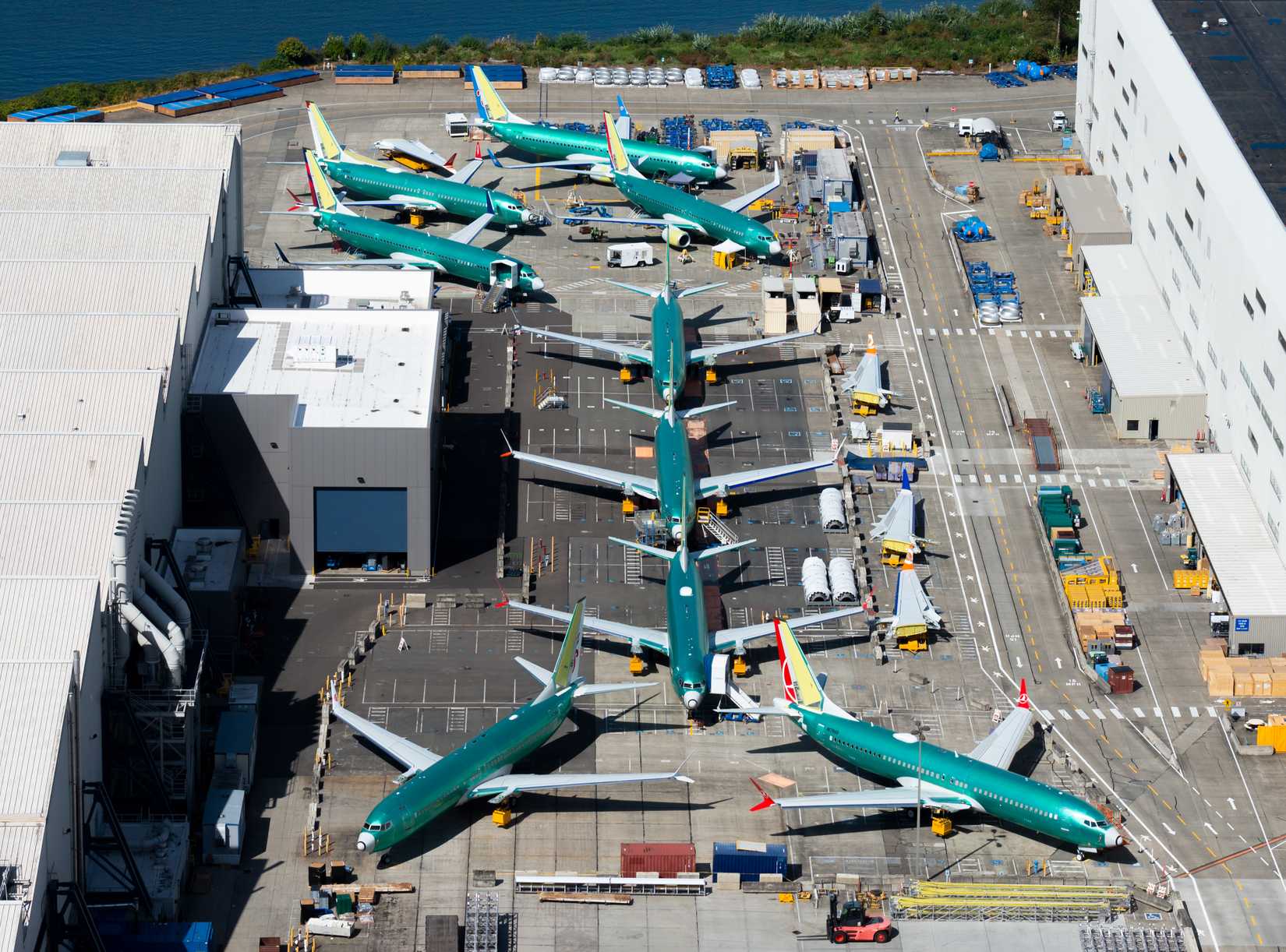
Credit: Shutterstock
Spirit AeroSystems is one of the world’s largest independent aerostructure manufacturers, a company that builds the big aircraft skeletons before final assembly. The aircraft itself was originally spun out of Boeing’s Wichita division in 2005, and the company has kept Wichita as its corporate headquarters and core hub for fuselage construction. The company then expanded globally, most notably in 2020 through the acquisition of Bombardier’s aerostructures arm. This includes a facility in Belfast that constructs wings for the Airbus A220 family and for defense programs.
The company has two massive customers, with Boeing and Airbus dominating through orders with Boeing 737 family, the Airbus A220 family, and the Boeing 787’s aerostructures. That concentration ties Spirit’s fortunes to building production rates, quality performance, and program health. The company operates under long-term risk-sharing contracts in which it absorbs upfront, non-recurring engineering and tooling costs in exchange for multiyear volume. Margins will hinge on overall factory throughput, scrap control, and supply-chain stability.
Spirit Aerosystems also supports several defense programs (including the P-8A Poseidon, KC-46, and CH-53) in addition to offering aftermarket services for aircraft nacelles and structures. The company offers a competitive edge driven by scale, composite know-how, and deep process expertise. The company’s vulnerabilities include single-platform exposure, a tight labor market, and the cost of addressing ongoing quality issues. The company is the industrial bridge between airframe design and high-rate, certified metal and composite production.
What Is This Exact Deal?
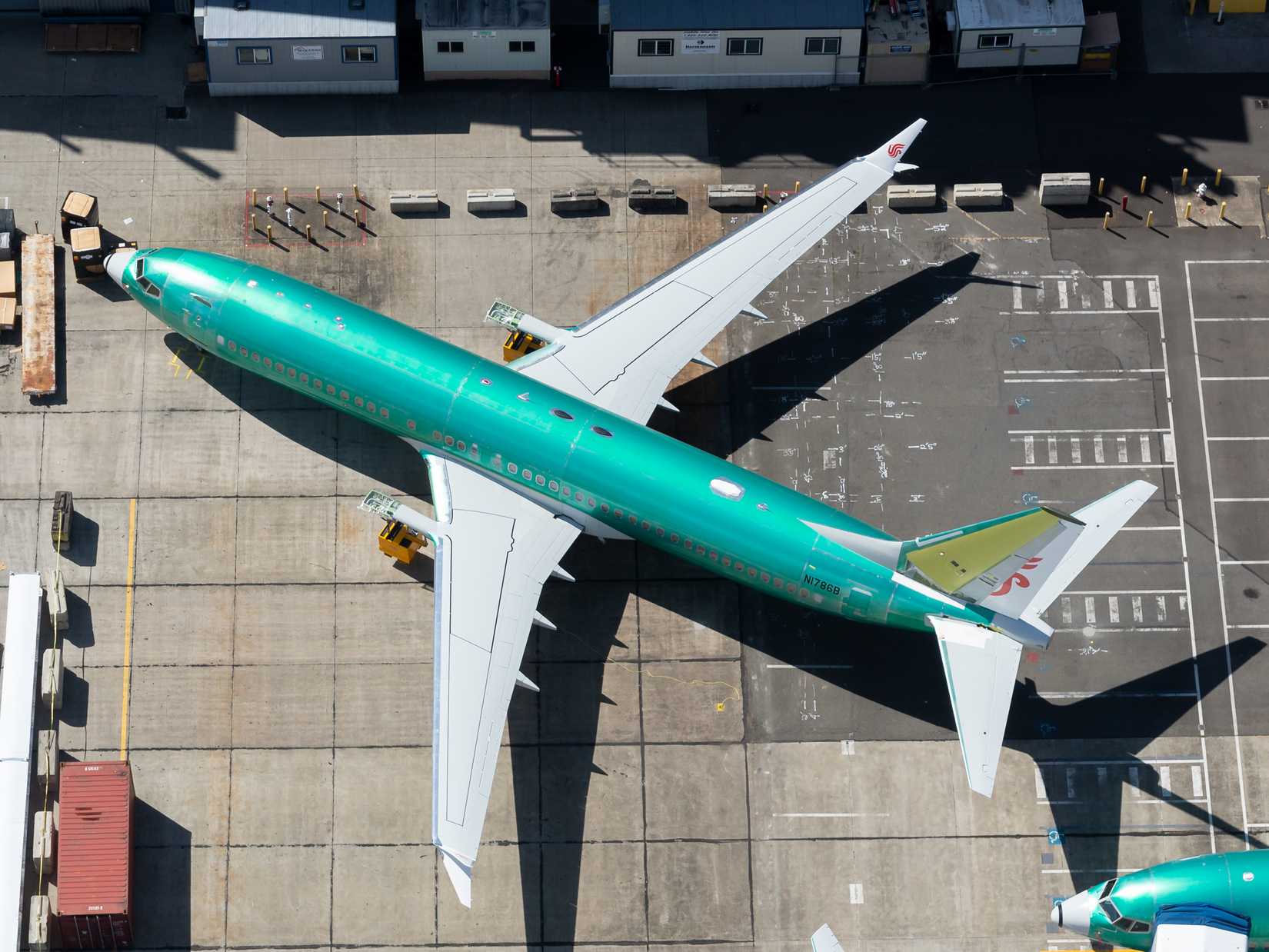
Credit: Shutterstock
Boeing is set to reacquire Spirit AeroSystems in an all-stock transaction that will help the manufacturer simplify its global supply chain and regain direct control of its critical aerostructures manufacturing division, most notably for Boeing 737 and Boeing 787 model fuselages. Spirit Aerosystems shareholders will receive Boeing stock (not cash), and Boeing will assume Spirit’s debt, putting the enterprise value well above the headline equity valuation figure.
In a parallel carve-up, Airbus is set to take over Spirit’s manufacturing sites that primarily produce components for the Airbus A220, Airbus A350, and Airbus A320 family. Spirit AeroSystems will also compensate Airbus as part of that transfer, so that each airframe ends up with its own overall supply base and cross-OEM entanglements are reduced across the board. This broader strategic aim is operational and is set to improve delivery stability and accountability following several high-profile disruptions.
Boeing plans to integrate Spirit’s factories, tooling, and workforce back into its overall production system, while rationalizing contracts and investing in process capabilities. The deal’s closing remains subject to regulatory approvals and customary conditions, with the companies currently guiding toward a 2025 closing. Post-close, there will undoubtedly be an extended multiyear integration process focused primarily on stabilizing Boeing 737 output while de-risking widebody programs and streamlining aftermarket logistics. From a financial perspective, near-term cash outlays and integration costs will likely rise. Boeing’s thesis is that tighter vertical control will lower unit costs, reduce rework expenses, and strengthen long-term program economics.
Who Is Advising On This Headline Transaction?
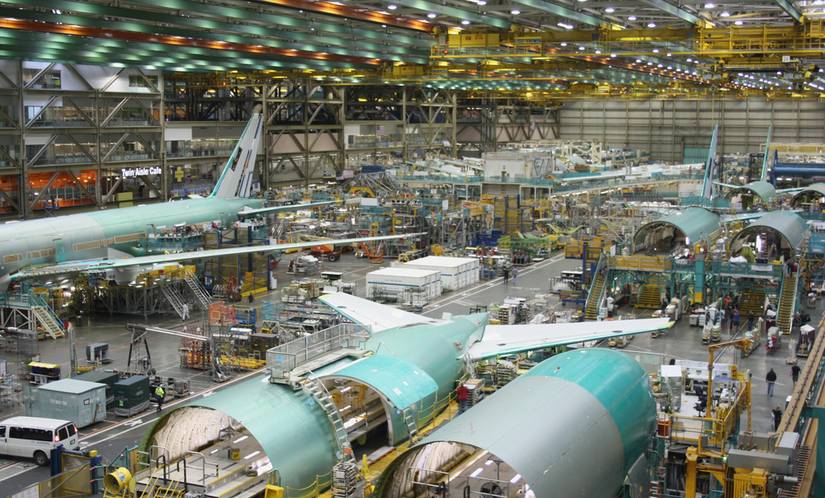
Credit: Shutterstock
As with pretty much any major transaction, it is important to understand which financial and legal advisors are behind this deal, as they are often the driving forces. Boeing is advised by independent investment bank PJT Partners, which serves as the company’s lead financial advisor alongside Goldman Sachs. Legal counsel for this transaction is provided by Sullivan & Cromwell, according to documents from Boeing.
Spirit AeroSystems is advised by lead financial advisor Morgan Stanley, with the assistance of independent investment bank Moelis & Company. Skadden, Arps, Slate, Meagher & Flom is listed as the company’s principal legal advisor on the transaction.
|
Company: |
Principal Financial Advisor: |
Legal Advisor: |
|---|---|---|
|
Boeing |
PJT Partners |
Sullivan & Cromwell |
|
Spirit AeroSystems |
Morgan Stanley |
Skadden, Arps, Slate, Meagher & Flom |
|
Airbus |
Jefferies |
Davis, Polk & Wardwell |
Airbus has its own advisors for their part of this transaction as well. Investment bank Jefferies is the sole financial advisor, while Davis, Polk & Wardwell is listed as legal counsel. This stack of top-tier advisors reflects the nature of this headline transaction.
What Advantages Does This Deal Offer Boeing?
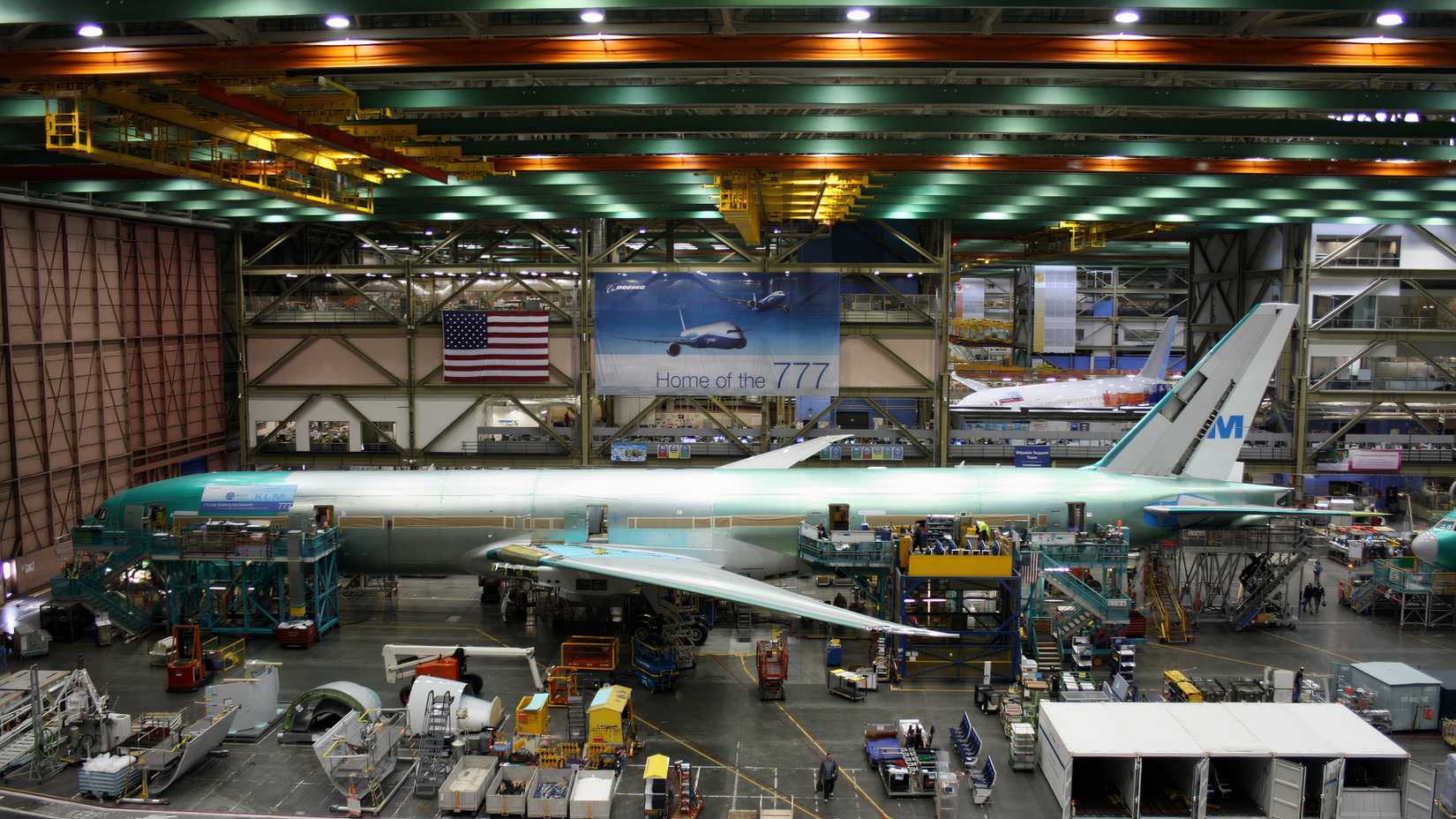
Credit: Shutterstock
Reabsorbing Spirit AeroSystems into its operational network offers Boeing tighter control over the parts of the production process that most often cause delivery bottlenecks. Specifically, this vertical integration process is designed to reduce quality escapes with significant safety ramifications while speeding up engineering changes and certification fixes through a single accountability chain. This also eliminates cross-OEM conflicts, such as Spirit prioritizing Airbus work.
This also allows Boeing to align factory cadence to its own rate plans and overall recovery milestones. Purchasing leverage will continue to improve as Boeing coordinates sub-tier suppliers, tooling efforts, and materials, all with the intent of potentially lowering overall unit costs. This move stabilizes a financially strained supplier risk while reducing overall disruption risk and regulatory scrutiny.
From an operational standpoint, this move allows Boeing to rationalize its footprint, standardize its processes, and embed end-to-end safety and quality systems. This supports a more predictable ramp for the Boeing 737 family without de-risking widebody programs. Over the longer term, integrated aftermarket capabilities and spares planning will improve cash flow generation and customer support while strengthening operational competitiveness against Airbus.
What Is The Bottom Line When It Comes To This Acquisition?
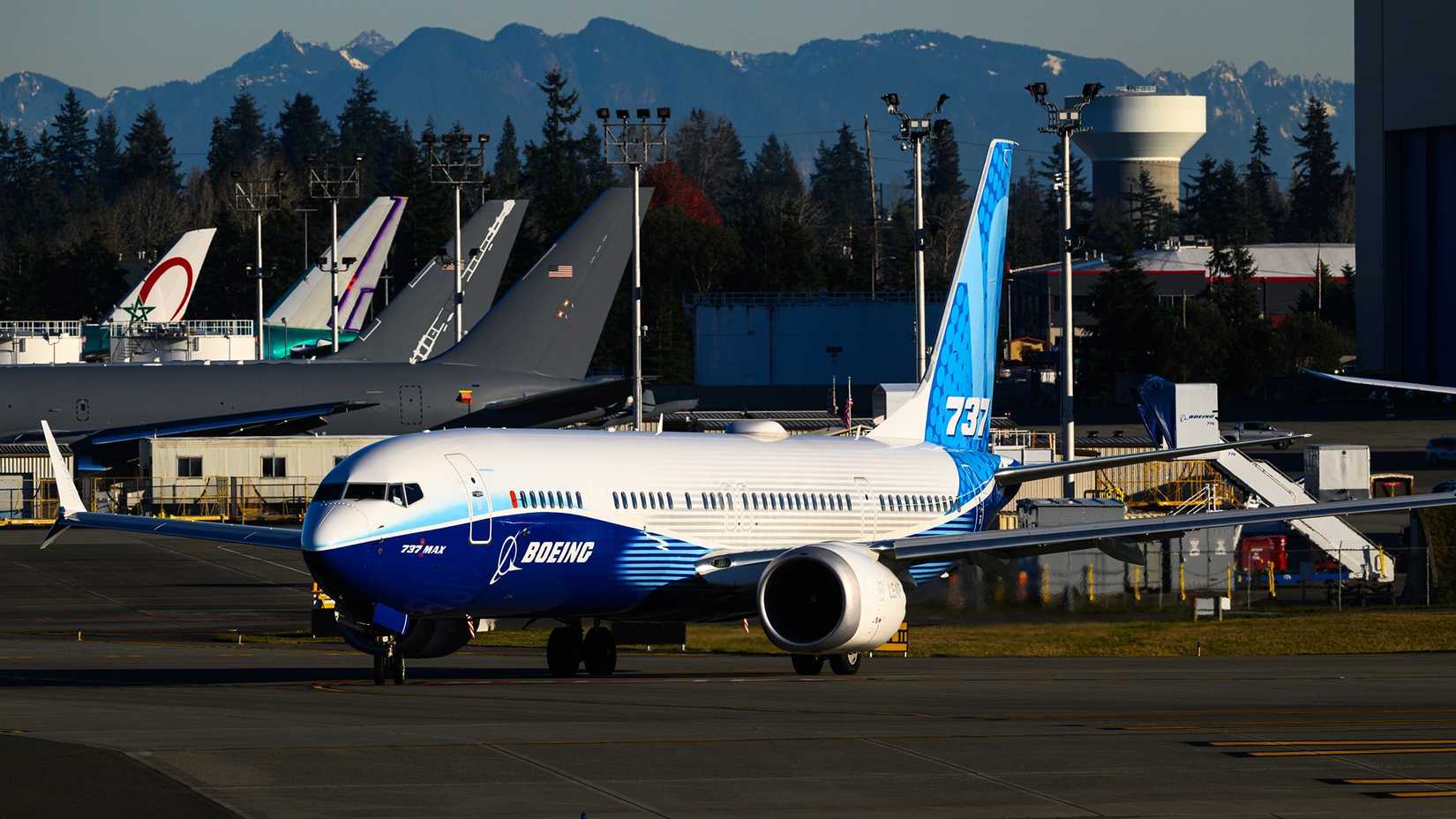
Credit: Shutterstock
At the end of the day, this acquisition offers a unique opportunity for European manufacturer Airbus and US-based planemaker Boeing. While Airbus was not particularly desperate to acquire the aerostructure manufacturer, Boeing needed to do so to significantly improve its operational footing.
Boeing has struggled in recent years, and there’s no doubt about it. The manufacturer has struggled repeatedly to maintain a safe production line and prevent its jets from experiencing headline-making safety incidents.
This acquisition allows Boeing to bring its largest individual component supplier (other than engine manufacturers, of which there are many) into its system and ensure that operations are completed safely. While there are some execution risks to this acquisition, customers and shareholders alike will be happy to see Spirit back under Boeing’s management.
Images are for reference only.Images and contents gathered automatic from google or 3rd party sources.All rights on the images and contents are with their legal original owners.

